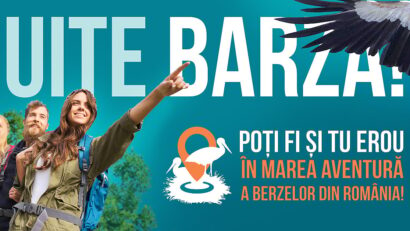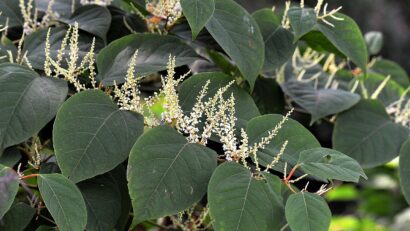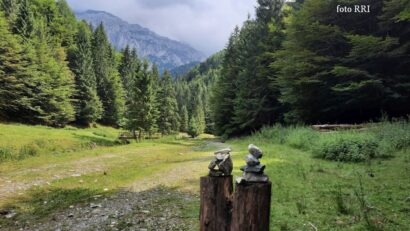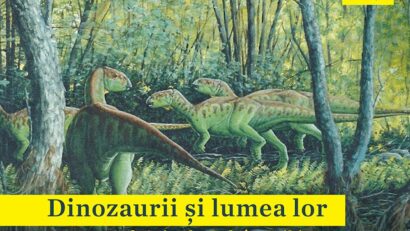The Development of Rural Communities in the Danube Delta
Formed around three branches of the River Danube that flow into the Black Sea, the Danube Delta is the largest wetland in Europe. It is also the only Delta declared by UNESCO a biosphere reserve and ranks third in the world in terms of biodiversity after the Great Barrier Reef and the Galapagos Archipelago. Although the tourist potential of the area is huge, the locals there are too poor. They have no drinking water supply and sewage systems, no jobs or medical care services. An area such as the Danube Delta, disadvantaged from an economic point of view, needs development and support programs. Capitalizing on the local crafts, traditions, the beauty of the landscape and the specific cuisine, would be just one way of increasing the Delta’s chances of development. Unfortunately, the offer of high-quality services is scarce, mainly because of the lack of infrastructure and also because of the lack of skilled staff.
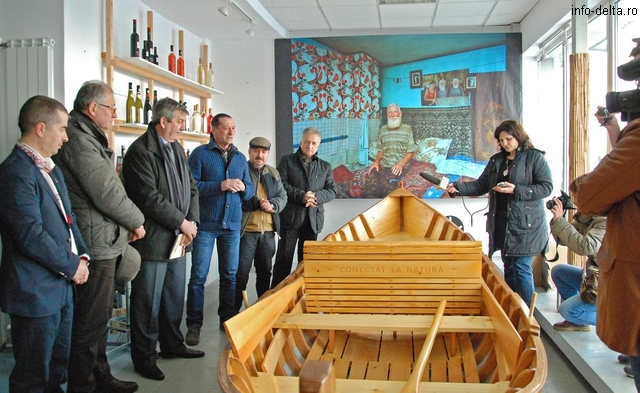
România Internațional, 27.03.2015, 13:27
Formed around three branches of the River Danube that flow into the Black Sea, the Danube Delta is the largest wetland in Europe. It is also the only Delta declared by UNESCO a biosphere reserve and ranks third in the world in terms of biodiversity after the Great Barrier Reef and the Galapagos Archipelago. Although the tourist potential of the area is huge, the locals there are too poor. They have no drinking water supply and sewage systems, no jobs or medical care services. An area such as the Danube Delta, disadvantaged from an economic point of view, needs development and support programs. Capitalizing on the local crafts, traditions, the beauty of the landscape and the specific cuisine, would be just one way of increasing the Delta’s chances of development. Unfortunately, the offer of high-quality services is scarce, mainly because of the lack of infrastructure and also because of the lack of skilled staff.
Given the growing number of tourists, both Romanian and foreign, interested in spending their holidays in the middle of nature, the “Ivan Patzaichin — Mila 23” Association has come up with a new approach to tourism in the Danube Delta. A kind of tourism that respects the balance between the need to capitalize on the local heritage of the place, such as its biodiversity, local traditions and fishermen’s communities , and the economic component, which would bring money to the area. The project is called “Lotca Habitat — Fish Tourism in the Danube Delta”, a concept new in Romania, but already popular across Europe. Here is Teodor Frolu, Vice-President of the “Ivan Patzaichin — Mila 23” Association with details about this project:
“It’s about one day, or even just half a day, that the tourist spends together with a fisherman. They go fishing together, using a traditional boat, called “lotca”. As you know, fishermen have some 20 or 30 fishing spots across the Delta, so fishing there also means taking a beautiful trip. At the end of the fishing trip, they take the fish they’ve caught together and they cook it at the fisherman’s house and thus turn it into an added value product, as it is a local traditional product, representative for the local cuisine. So, it’s a different type of stay amidst nature, which any tourist, be it foreign or Romanian, will never forget.”
Representatives of the “Ivan Patzaichin — Mila 23” Association have calculated some of the benefits of this project. Here is Teodor Frolu again:
“ First of all, the pressure on the fish stocks will thus drop, because we are talking about a much smaller quantity of fish that is caught, and which is actually included in the economic circuit, being sold to the tourist at a higher, added value, because it is cooked right there. Therefore, although the fisherman catches less fish, he gains more. The second very important thing is that this is a specific eco-tourism service, meaning that we actually capitalize on a very important component of the local tradition, of the local heritage. It’s not a commonly known fact that the gastronomy component is called ‘intangible heritage’ and it’s actually one of the major assets of an area. Also, this project provides an alternative to fishing, another source of income for the Delta’s fishermen. And even if the quantity of fish that leaves the Delta is small, we have here some 1800 accredited fishermen. If at least one percent of them manage to diversify their economic activity, it will be a significant gain for the area and for the community.”
Five families of fishermen have been included in this project. They have already been identified and are now ready, starting this spring, to help tourists live the life of a local fisherman for a brief period of time. The lotca was designed to be able to carry up to 10 people, and the 5 horse-power engine ensures an autonomy of approximately 6 hours, at a speed of 8 km per hour. While riding the traditional boats, tourists will have the opportunity to watch the birds and take pictures, an activity that has become a passion for a growing number of people. The Danube Delta is a paradise of birds and fish. It is visited by over 325 species of birds, of which 70 from outside Europe. Also, every spring, pelicans return to the Danube Delta, which is home to the biggest colony of pelicans. Delta is truly spectacular in spring, ornithologists say. It is the season of migration, when the Delta is crowded with birds coming from all over the world. Also, the birds sing until the month of June, when the mating season ends. In April — May everything is green. Reeds are growing, lilies are blooming, and the shores are covered in spring flowers.
With this project, the association would like to create a model to be replicated across the entire Delta. At the end there will be a presentation film describing the main activity of the project, fish-tourism, and there will be a caravan traveling to another ten villages in the Delta, where meetings and discussions will be held with the communities there, for the experience of the Mila 23 fishermen to be disseminated. Here is Teodor Frolu once again:
“ We provide assistance and we bring experts who can help them develop their own tourist offer. We also give them three traditional boats , which have been redesigned to service tourists. We would like the lotca to become just like Venice’s gondola, therefore a point of attraction, both as an item of local craftsmanship and as a tourist service.”
The project “Lotca Habitat — Fish Tourism in the Danube Delta” is funded by the German Association for International Cooperation, through the Tourism Cooperation Platform for the Danube Delta Region. The project started in October 2014 and will be finalized in July 2015, and the total budget stands at 29,320 Euros, of which 25% from the Ivan Patzaichin Association’s own budget.

